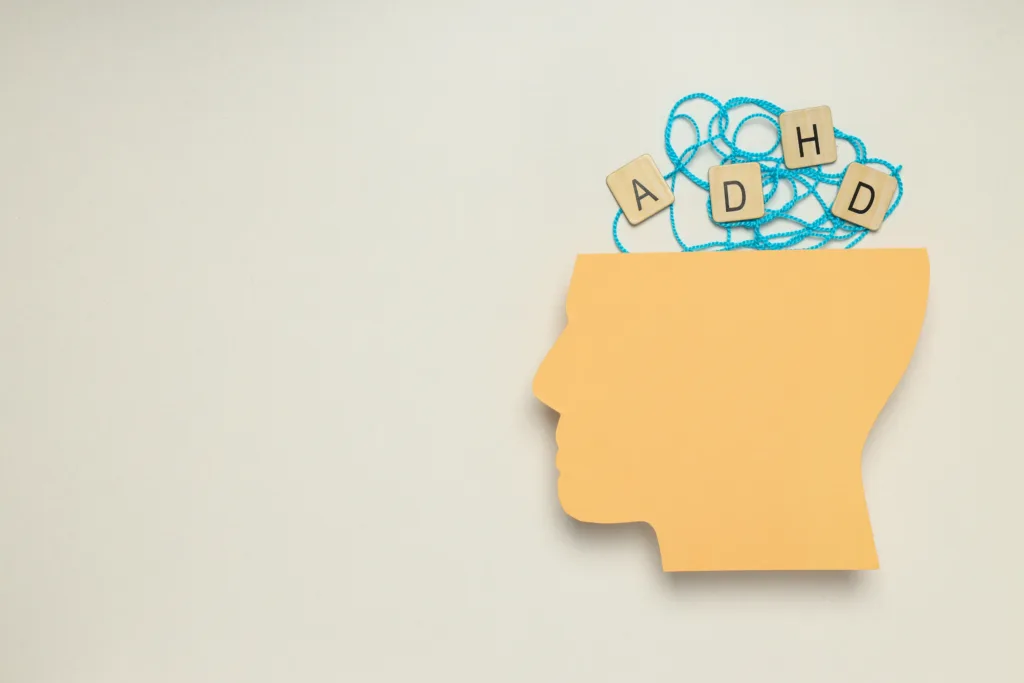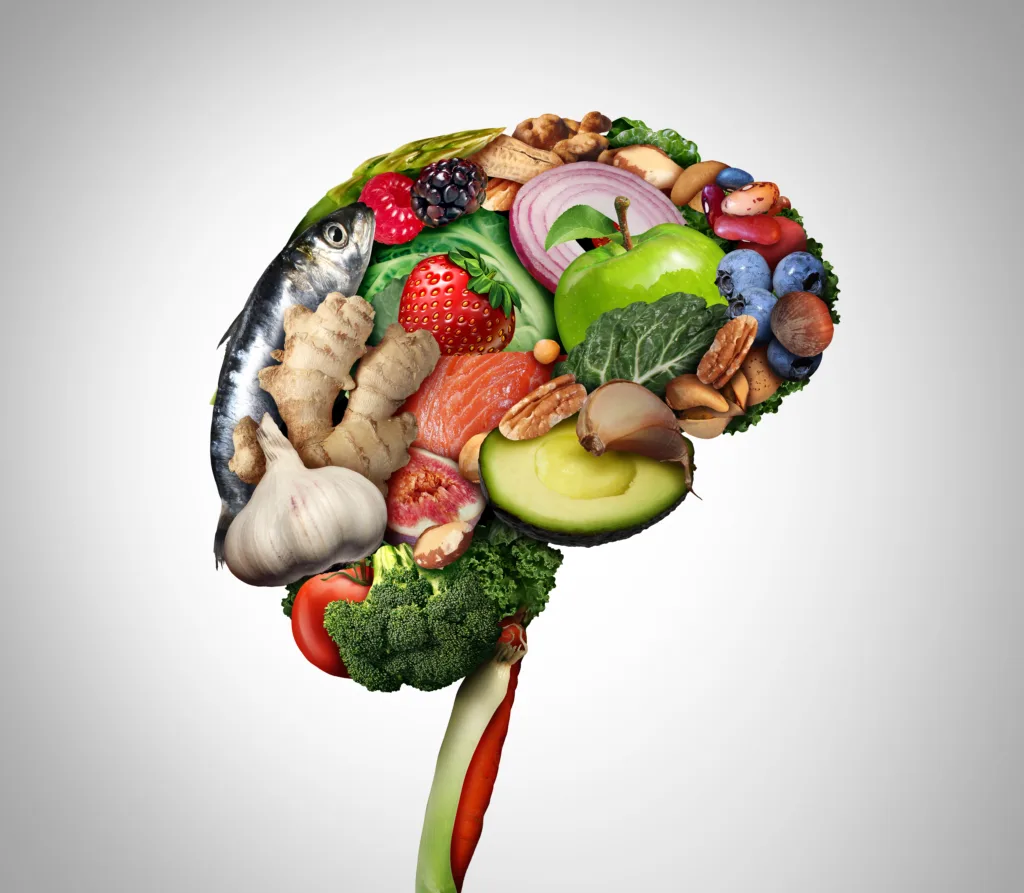
Depression affects millions of individuals worldwide. Assessing and understanding the severity of this common yet serious disorder is essential for effective treatment of depression. One of the tools used to assess depression severity is the Zung Self-Rating Depression Scale. For those in the Marietta, GA area, High Focus Centers provides expert care and support for individuals battling depression, utilizing the Zung Scale among other resources for comprehensive assessment and treatment planning.
What is the Zung Depression Scale?
The Zung Self-Rating Depression Scale is a widely used psychological assessment tool that helps to identify and quantify the level of depression in an individual. Developed by Dr. William W. K. Zung in 1965, the scale is a short survey comprising 20 items, each aimed at evaluating symptoms associated with depression. These items assess affective, psychological and somatic symptoms, including mood, insomnia, weight loss and cognitive disturbances.
Respondents are asked to rate each statement based on their experiences over the past several days, with the scale ranging from “a little of the time” to “most of the time.” The scores are then totaled to indicate the severity of depression, ranging from normal to severely depressed.
How the Zung Scale Helps in Diagnosing Depression
The Zung Scale is beneficial in clinical settings for several reasons. First, this self-administered survey allows individuals to express their feelings privately and honestly. This can encourage individuals to more accurately report their symptoms than they might in an interview format. In addition, this tool provides a quantitative measure of depression severity, which is useful for treatment planning and monitoring progress over time.
High Focus Centers’ Approach to Depression
At High Focus Centers in Marietta, GA, understanding the unique needs of each individual client is the cornerstone of our treatment approach. The Zung Scale is one tool we use to gauge the severity of a client’s depression and tailor their treatment plan accordingly.
High Focus Centers offer a range of services for those suffering from depression, including:
- Individual Therapy: Clients work one-on-one with a therapist, exploring the root causes of their depression and developing coping strategies.
- Group Therapy: Group sessions provide support and perspective from others who are facing similar challenges.
- Medication Management: If necessary, psychiatric evaluation and medication management are offered as part of a comprehensive treatment plan.
- Holistic Approaches: Complementary therapies such as mindfulness, art therapy and yoga can also be part of the treatment plan, supporting overall well-being.
The Importance of Seeking Help
Depression is a treatable condition, but seeking help is the first and most important step. High Focus Centers in Marietta, GA, offers a supportive and professional environment for those struggling with depression. Their team of experts understands that each individual’s journey is unique and requires a personalized approach to treatment.
If you or someone you know is struggling with symptoms of depression, tools like the Zung Depression Scale can be an essential first step in understanding the severity of the condition. High Focus Centers in Marietta, GA, uses these resources as part of their comprehensive assessment process, ensuring that each client receives the personalized care they need. Remember, taking the first step towards seeking help can lead you on a path to recovery and improved mental health.
Recent Posts
- How Mood Stabilizers Work to Restore Emotional Balance
- Trauma-Informed Approaches in Therapy: Why Understanding Trauma is Essential for Healing
- Using Art as a Voice: Exploring the Therapeutic Benefits of Creativity
- What is Xylazine?
- How Overcoming Roadblocks is Crucial to Recovery – And How Your Treatment Center Can Help





